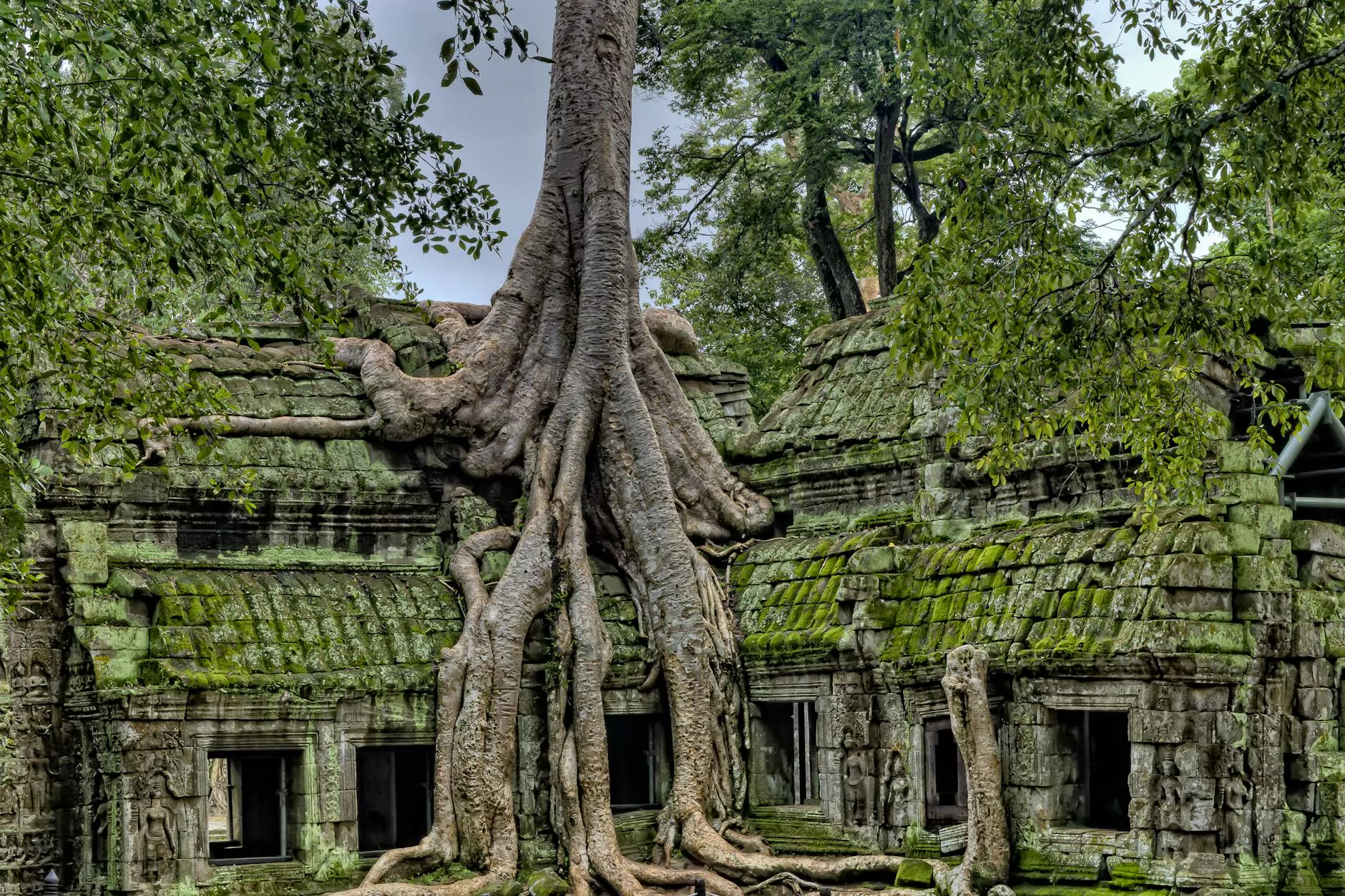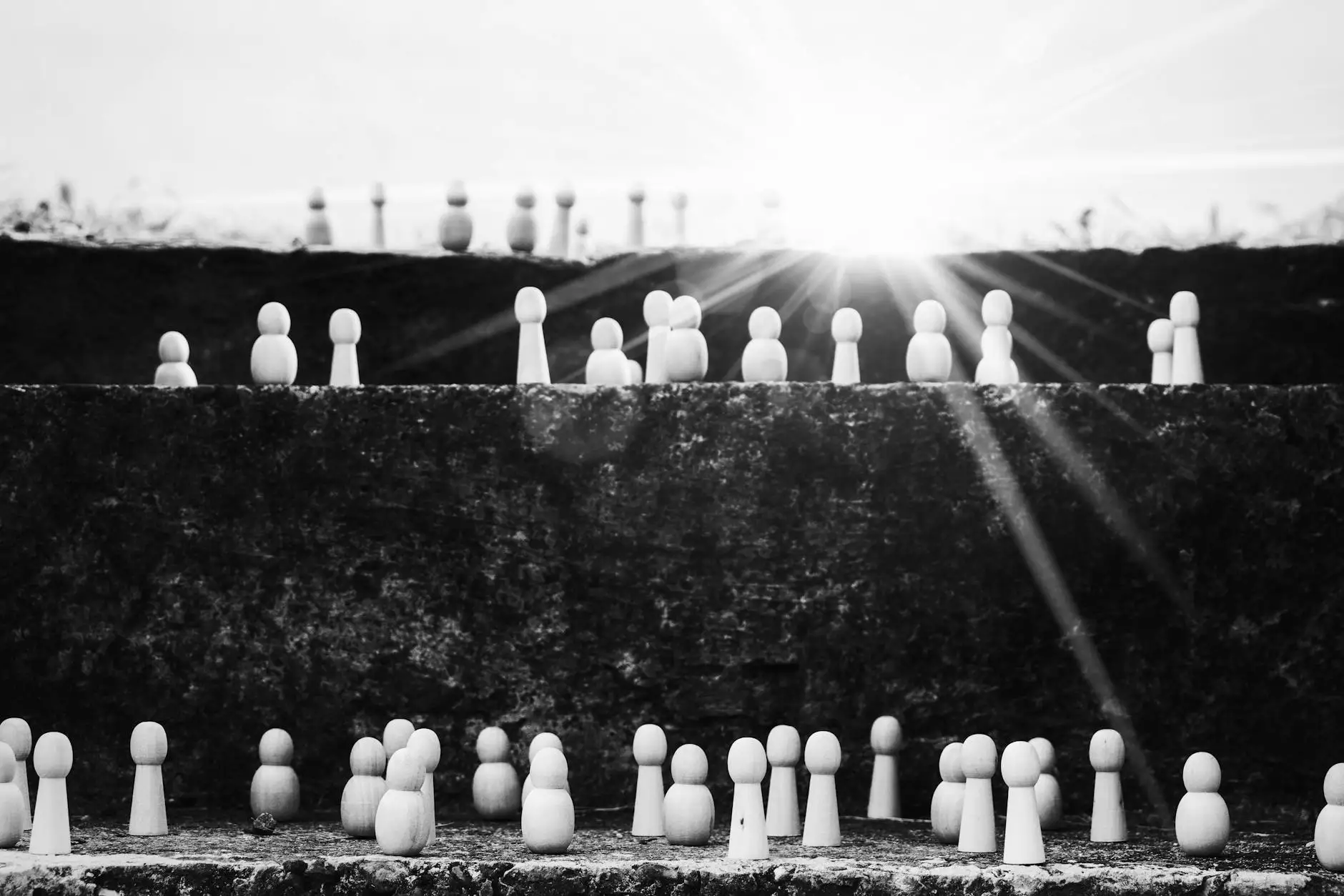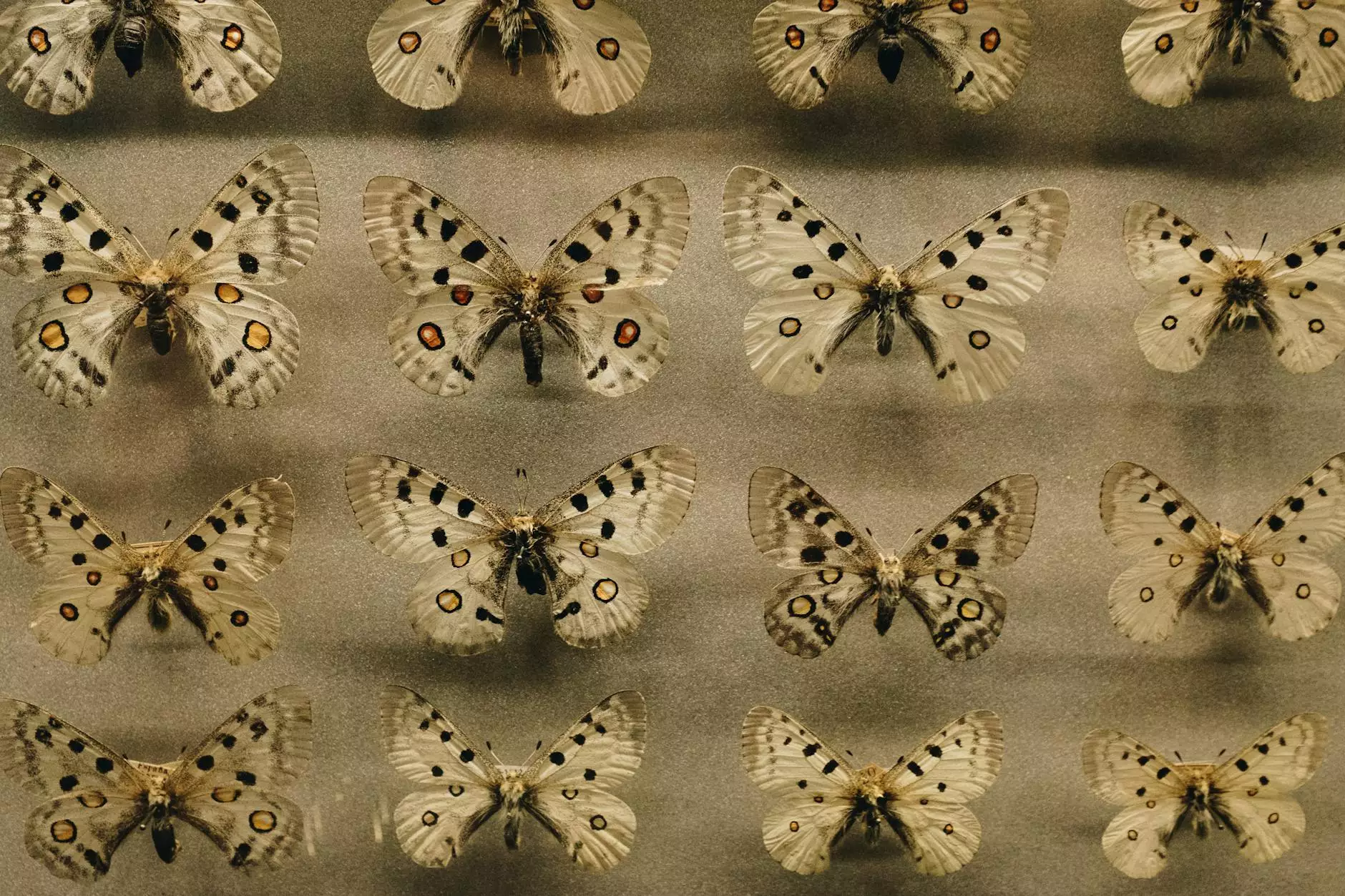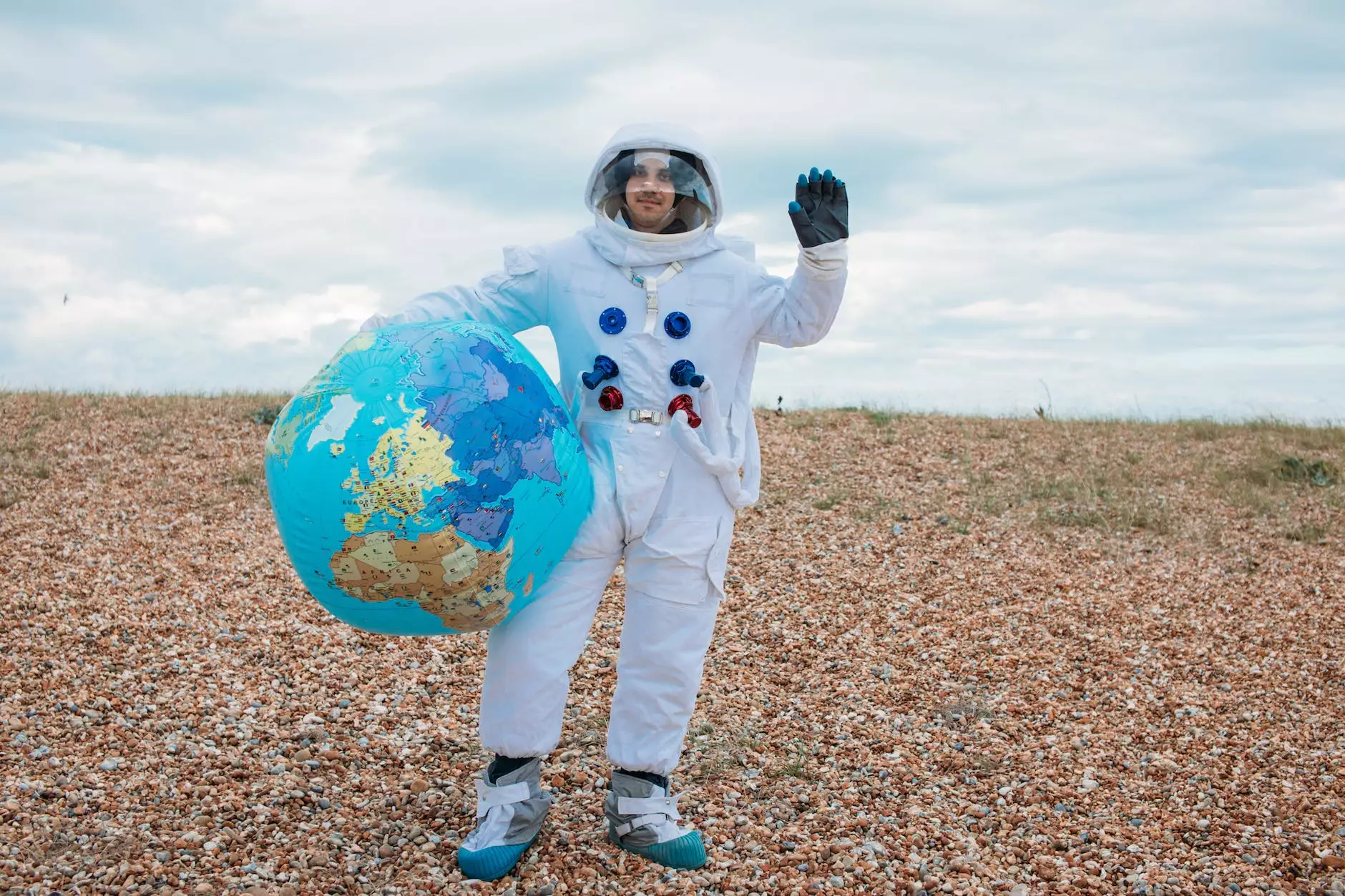Cannibals: Myth & Reality

Cannibalism Through the Ages
Cannibalism has long been a subject of curiosity and intrigue, shrouded in myths and misconceptions. La Historia Society welcomes you to explore the captivating history of cannibalism and delve into the truth behind the legends. Our exhibits provide an in-depth analysis of this taboo practice, shedding light on its cultural, historical, and societal significance.
The Origins of Cannibalism
Cannibalism, often associated with primitive tribes or acts of desperation, has a complex and multifaceted history. While instances of cannibalism in early human societies were influenced by survival instincts, cultural practices, and religious beliefs, it is crucial to separate fact from fiction.
Early Examples of Cannibalism
Archaeological evidence suggests that cannibalism existed in various ancient civilizations, such as the Aztecs, Mayans, and certain tribes in Africa and the Pacific Islands. However, it is essential to understand the cultural contexts in which these practices occurred.
Myths and Misconceptions
Cannibalism has long been sensationalized in popular culture, fueling misconceptions and perpetuating stereotypes. Our exhibits aim to debunk these myths and offer a more nuanced perspective on the subject.
The "Savage Cannibal" Stereotype
Historically, explorers and colonial powers painted indigenous cultures as savage and uncivilized due to their alleged practice of cannibalism. However, it is crucial to recognize the biases and prejudices that shaped these portrayals.
Ritualistic and Symbolic Cannibalism
Contrary to popular belief, not all acts of cannibalism were driven by hunger or violence. Some societies engaged in ritualistic or symbolic cannibalism as part of religious ceremonies or rites of passage. These practices were often deeply rooted in their belief systems and cultural traditions.
The Dark Side: Cases of Survival Cannibalism
While cannibalism is predominantly associated with taboo cultural practices or fictional horror stories, there have been documented cases of survival cannibalism throughout history. These extreme circumstances highlight the depths to which humans are willing to go to ensure their survival.
Famous Survival Cannibalism Cases
One of the most well-known survival cannibalism incidents occurred during the ill-fated Donner Party journey in the 19th century. Stranded in the Sierra Nevada mountains, the survivors resorted to consuming the deceased members of their group in order to stay alive.
Cannibalism in Modern Times
Though cannibalism is now widely condemned and considered a criminal act, there have been occasional reports of individuals with cannibalistic tendencies. These cases often involve individuals with severe mental health disorders and require a deeper understanding of psychological factors.
The Psychology Behind Cannibalism
Psychologists and criminologists have analyzed cases of modern-day cannibalism, aiming to uncover the underlying motivations and psychological conditions that drive individuals to engage in such behavior. These studies shed light on the complexities of human psychology and the range of factors contributing to aberrant behavior.
Join Us at La Historia Society
Discover the captivating world of cannibalism at La Historia Society's exhibits. We invite you to explore the rich history, cultural significance, and psychological aspects surrounding this taboo subject. Uncover the truth behind the myths and challenge your preconceived notions with our comprehensive collection of artifacts, historical accounts, and thought-provoking displays.
Embark on a journey through time and expand your understanding of cannibalism, its realities, and its impact on our society. La Historia Society is committed to providing an educational and immersive experience that promotes knowledge, empathy, and open-mindedness.
Plan your visit to La Historia Society's "Cannibals: Myth & Reality" exhibit today and prepare to be enlightened by a truly unique exploration of humanity's darkest taboo.










